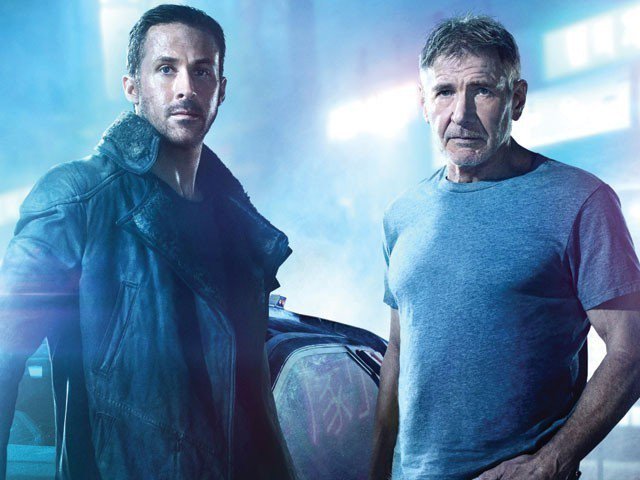Blade Runner 2049' review: A more fruitful second date with the Replicants
: I have a love-hate relationship with film sequels. They are like second dates with someone you met once and had a great time. You want to see them again and get to know them better, but you’re afraid: what if they turn out to be uninteresting and have nothing new to offer?
But Ridley Scott’s original Blade Runner, released in 1982, was more like a holiday romance: one had a mesmerising time, bade farewell never to meet again, because the time spent together was so perfect you wouldn’t want to diminish it with a follow-up.
Therefore, Blade Runner 2049 was a sequel no one asked for. We were happy reliving the fantasy in our minds and admiring the beauty of it, until we saw director Dennis Villeneuve standing by the door with Blade Runner 2049 – like Celine (Julie Delpy) smiling and listening to Jesse (Ethan Hawke) talk about their holiday romance at his book reading, in Before Sunset (2004).
From the beginning, Villeneuve, as the director, had big shoes to fill in. Scott’s original has been lauded as one of the best sci-fi films in history, tackling themes of evolution of artificial intelligence and existentialist struggles of humans in a dystopian world. Villeneuve walks along that same line of thought in the sequel, taking ideas about human isolation, technology and artificial intelligence a step further.
Starring Ryan Gosling and Harrison Ford, the sequel is set 30 years after the original, where a new blade runner (Gosling) unearths a secret that could change the entire dynamics between humans and the Replicants, and potentially cause the remnants of society to crumble.
The two-and-a-half-hour hypnotic journey in the Blade Runner dystopia draws a lot of interesting ideas. In a world where everything is an illusion, something real feels so strange that we question the its authenticity. Everything is a simulacrum and its only purpose is to trigger the same psychological response as the real ‘thing’.
In the lives dominated by replicas of emotion, real human connection is rare and valued. Yet Blade Runner 2049 also questions the very importance of real human connection when one can rely on its simulacra of emotions. The dialogue continues and ‘2049’ touches upon spiritual as well as religious themes, especially one’s desire to be human, and simultaneously, something larger than that – the chosen one, the savior and the revolutionary.
With no disregard to Scott, it’s surprising that the second date we were so afraid of turns out to perhaps even more fulfilling than the first one. The connections 2049 builds upon, and the references it makes to the first offering add layers to the film. Even the narrative isn’t forced and put together just for the sake of extending the franchise, but in fact, makes complete sense and introduces a new dimension to this controlled world of illusory freedom.
‘Blade Runner 2049’ tops box office with disappointing takings
Roger Deakins’ awe-inspiring cinematography plays the most important role in doing that. The legendary cinematographer brings his double A-game and gives the dystopian imagery his own masterful spin.
However, one element that could have been much stronger was the soundtrack, which couldn’t quite capture the horror like that of the 1982 original did. Perhaps Johann Johannsson could have been a better choice as the composer than Hans Zimmer this time around.
With Villeneuve offering a deeper look into the coexistence between humans and the Replicants with near perfection, Blade Runner 2049 is a masterpiece that needs to be experienced and admired for its authenticity and having its heart in the right place.